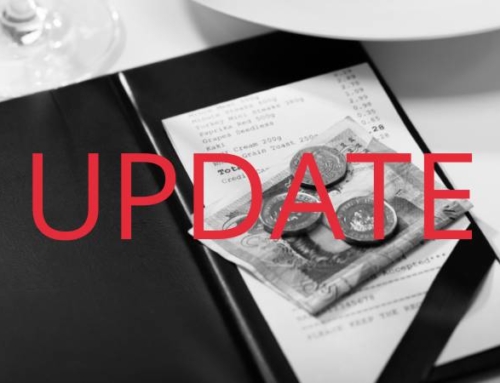Misconduct investigations are one of the least pleasant aspects of being an employer and one we hope we will never have to go through. Unfortunately, most employers will face the challenge at some point, so it’s very important that they understand what is expected of them. Today we will focus on the following question in the light of some recent case law:
Q: Can an employer refuse to undertake further investigations which would support the account of an employee accused of gross misconduct?
A: Usually not, said the Employment Appeal Tribunal (EAT) in the recent case of in Stuart v London City Airport because a reasonable employer will normally investigate such matters unless there is a good reason not to. For those who wish to know more, the facts of this case are set out at the foot of this article.
The EAT’s conclusion is actually nothing new and reiterates the seminal case of A v B which found that serious allegations of dishonesty required careful investigation. This latest case confirms that where there is conflicting evidence the employer has a duty to investigate both sides of the argument and not rely solely on its own account in determining whether there has been a serious act of dishonesty (such as theft).
This case also reiterates the importance of ensuring that, in seeking to dismiss an employee, an employer’s reasonable belief that the employee is guilty of misconduct must be based on a reasonable investigation. In other words, when investigating misconduct of a serious nature a reasonable employer must investigate to quite a high degree, including looking at evidence to the contrary which might undermine an allegation of gross misconduct.
For employers, this case is an important reminder that a dismissal for gross misconduct should only follow a proper investigation into the behaviour complained of. On the other side, employees are entitled to expect a proper investigation if they are subject to a misconduct allegation.
If you are an employer concerned about how to conduct a “reasonable investigation” or an employee who is facing an investigation, we can help you. Please contact us for more information.
Michael Harman
Solicitor
T: 01245 893400
E: info@backhouse-solicitors.co.uk
Or send us a message via the Contact Backhouse page
Stuart v London City Airport – the case in more detail:
Mr Stuart was employed in a position of trust at the airport as a Ground Services Agent. He entered a duty-free store within the airport to buy some presents which he held in his hands. Whilst queuing, Mr Stuart was re-directed to another operative’s till by a member of staff. Once in the second queue, he was beckoned outside the store boundary to a seating area by another member of staff for a social conversation, at which point Mr Stuart was apprehended for dishonestly removing goods without payment. In dismissing Mr Stuart, his employer relied primarily upon their conclusion that Mr Stuart had left the store boundary with the unpaid items and also on the vigorously disputed evidence of a store assistant who informed her store manager that she saw Mr Stuart conceal items in his jacket before he left the store.





